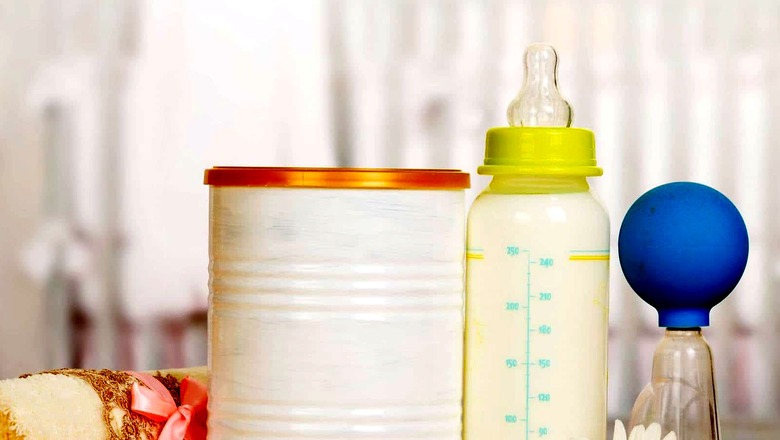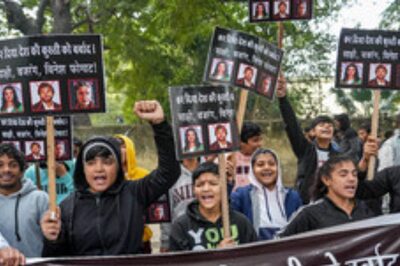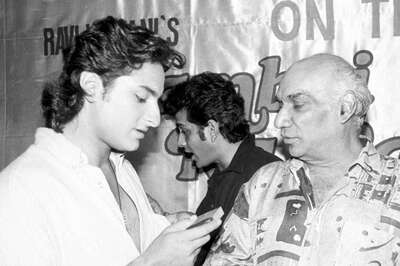
views
Human milk bank or breast milk bank offers a service by which human milk donated by nursing mothers is collected, screened, processed, and dispensed. It serves as a solution to those mothers who cannot provide their own breast milk to their child. Reasons for this may involve the baby being at risk of contracting diseases and infections from a mother afflicted with certain diseases.
At times, when a new-born baby is hospitalized due to very low birth weight, the biological mother may fail in supplying her own milk due to reasons such as an extended stay far from the medical facility.
Breast milk is precious to the survival of all infants and continued health, especially sick and premature babies. Mothers who face trouble in feeding their babies with their own milk have a chance to seek the next best alternative. They can use another mother’s milk which has been donated and pasteurized by an accredited milk bank.
Any one or more than one of the following situations may make a mother consider donor breast milk:
- Fostered or adopted babies
- Production of milk is low and own milk needs to supplemented with donor milk
- History with breast surgery or surgeries that may have effect on natural milk supply
- Have had a double mastectomy done and can’t produce milk
- Diagnosed with inadequate glandular tissue and requires supplemental milk
- Mother has infectious disease that could be transferred to baby through own milk feeding
- Treated with medications not recommended for breastfeeding
How to access
Human Milk Banking Association of North America (HMBANA) accredited banks follow mandatory and thorough screening, processing, and preserving protocols to ensure safety of their milk supply. One can also check with your local hospital, which may supply milk through an association or affiliation with a local or regional HMBANA bank.
A prescription from the doctor is needed whether seeking to obtain milk from a non-profit or for-profit bank. It is recommended to contact many different milk banks, so you are on multiple banks’ lists for donor milk.
Your chances of acquiring milk may depend on the health of the baby. Usually, mothers with needy babies are given priority over those with healthy babies to get milk. Some health insurance plans cover the expense of buying donated breast milk, so it is advisable to check. Milk banks can also help sometimes with the costs. The waitlists and costs make the process of obtaining donor milk from a bank difficult.
Takeaway
Your journey as a milk recipient or milk donor can be a little stressful. You may not be sure where to obtain the most up-to-date information or which sources to trust for your little one.
It’s essential to carefully follow medical guidelines. Know your options and consult your paediatrician and other healthcare providers to seek answers to any questions you may have regarding the best choices for you and your baby.
Read all the Latest News, Breaking News and Coronavirus News here.




















Comments
0 comment